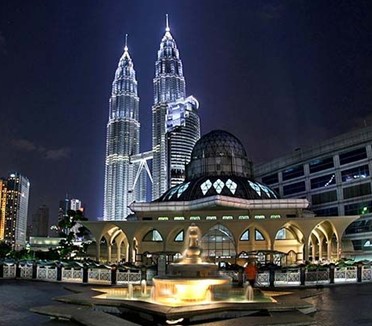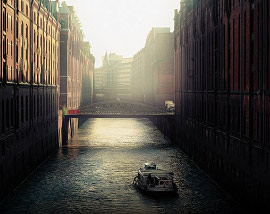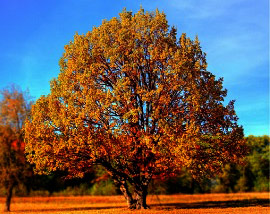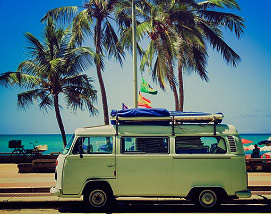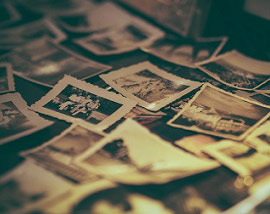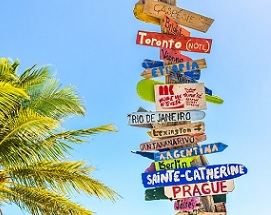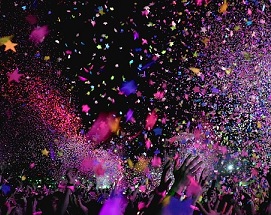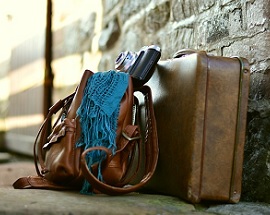Malaysia’s capital, Kuala Lumpur, is a study in contrasts. A smorgasbord of cultural delights, this cosmopolitan city has put Kuala Lumpur tourism on the global map. With its tall skyscrapers alternating with minarets in the sky, the glinting Petronas towers, and the large mega malls vying for attention, the glamour is juxtaposed against the rich ethnic variations that you will find here with the Malay, Chinese and Indians co-existing peacefully for generations.
A walk down the streets will reveal markets lined up with traditional handmade wares. The small cafés and restaurants along the streets offer a chance to enjoy delicious southeast Asian food. All this is conducted at the frenetic pace that is the norm in cosmopolitan cities like Kuala Lumpur. The name may have meant ‘muddy confluence’ when the city’s name was coined but today, it shines bright like a diamond amid the many tourist destinations the south east has to offer.
Kuala Lumpur Geography
On the West Coast of the Malaysian peninsula, Kuala Lumpur is nestled in the Klang Valley with the Titiwangsa mountains to the east and the Strait of Malacca to the west. The name Kuala Lumpur is a Malay term which means ‘muddy confluence’ referring to the confluence of the Klang and Gombak rivers. The city is one of the fastest developing cities in Malaysia, contributing hugely to Kuala Lumpur tourism.
Kuala Lumpur Climate
Kuala Lumpur has a warm and sunny climate and because of its specific location within the Titiwangsa range and Sumatra on the west, it has a tropical rainforest climate. This means that there is occasional rainfall that varies in intensity throughout the year. Since it’s protected by the mountainous valleys in different directions, Kuala Lumpur’s weather is relatively cooler than other places in Malaysia. Nevertheless, temperatures are often between 29 to 35 degrees centigrade during the day and the weather veers towards being hot and humid.
Kuala Lumpur Culture
Kuala Lumpur is often referred to as the cultural centre of Malaysia. The population is dominated by three main ethnicities – Malays, Chinese and Indians - who get along well with each other. Despite the fast paced life in the capital, the city is held together by its different strands that come together with equanimity.
The Malays form the ethnic majority in Kuala Lumpur and Malaysia. Traditionally farmers and fishermen from Palembang, Sumatra, Malays are typically Muslims who speak Bahasa, a form of Malay language. Malays are known for their excellent weaving skills as well as wooden handicrafts. They are also the majority in terms of politics and in the parliament.
The Chinese began to settle in Malaysia centuries ago. They came from Fujian and Guangdong to work here in the tin industry. The Chinese have played a huge role in adding to Kuala Lumpur’s prosperity. They add their own touch of vibrance to the city, especially during festivals such as Chinese New Year.
The Indians present here are mostly from South India and speak Tamil or Hindi. They settled here to work in the rubber plantations but are now involved in restaurants.
Kuala Lumpur Tourism
Kuala Lumpur tourism is popular because of the immense number of attractions, both natural and manmade, that can be found within the city. Some of them are even world famous landmarks like the Petronas towers which are the tallest twin towers in the world. The magnificent chrome and steel towers light up the Kuala Lumpur skyline at night beckoning tourists and locals to visit and enjoy the many attractions within. The Menara KL is another popular Kuala Lumpur tourism spot as it’s the world’s fifth tallest building.
Some of the other wonderful sights in Kuala Lumpur include the Batu Caves, the magnificent 400 million-year old limestone hill with a 100 year old temple inside it. If you like being stunned by architectural splendour, then don’t miss a trip to Sultan Abdul Samad Building, which used to be the seat of British administration during the colonial times.
Families travelling with children are sure to enjoy the Sunway Lagoon Park, a fun theme park where you can easily spend the entire day and return home, wet, tired but happy. Another contender for family visits would be the Aquaria KLCC, which offers the chance to enjoy the diverse beauty of marine life. Kuala Lumpur tourism doesn’t get better than this.
Chinatown is great if you’re looking for a good bargain amid colourful shops. There’s plenty to be found here, be it accessories, imitation goods or just good old Chinese herbs. Chinatown’s Central Market is another Kuala Lumpur tourism hotspot. Expect to find handicrafts and other handmade items here such as batik, souvenirs, sculptures etc.
If it’s food you’re looking for, then don’t miss a visit to Jalan Alor, which has a number of Chinese seafood restaurants and hawker stalls with plastic tables and chairs and tasty barbecued meats and of course, fresh seafood.
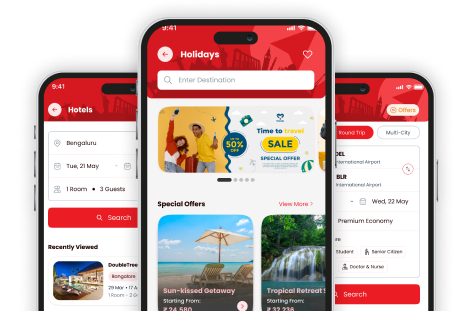




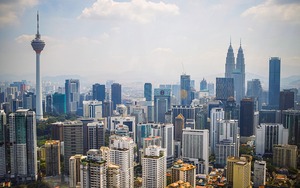
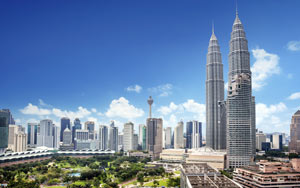
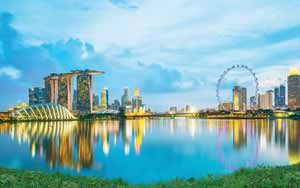
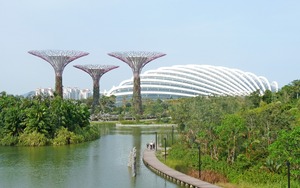
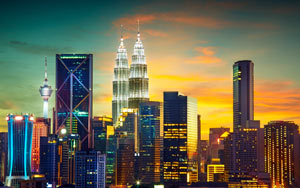
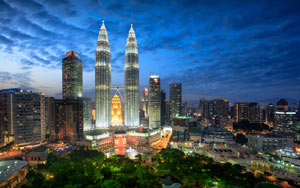
.jpg)
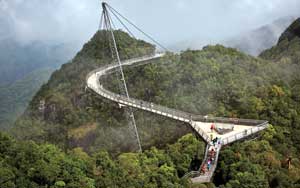

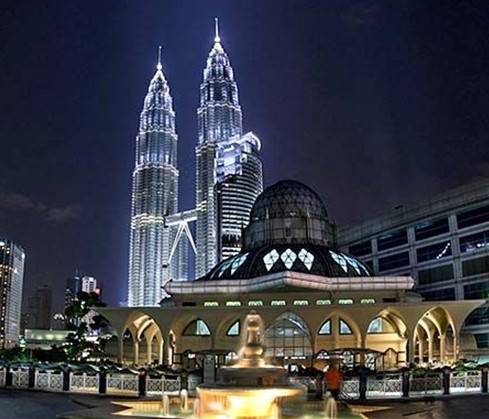
.jpg)
